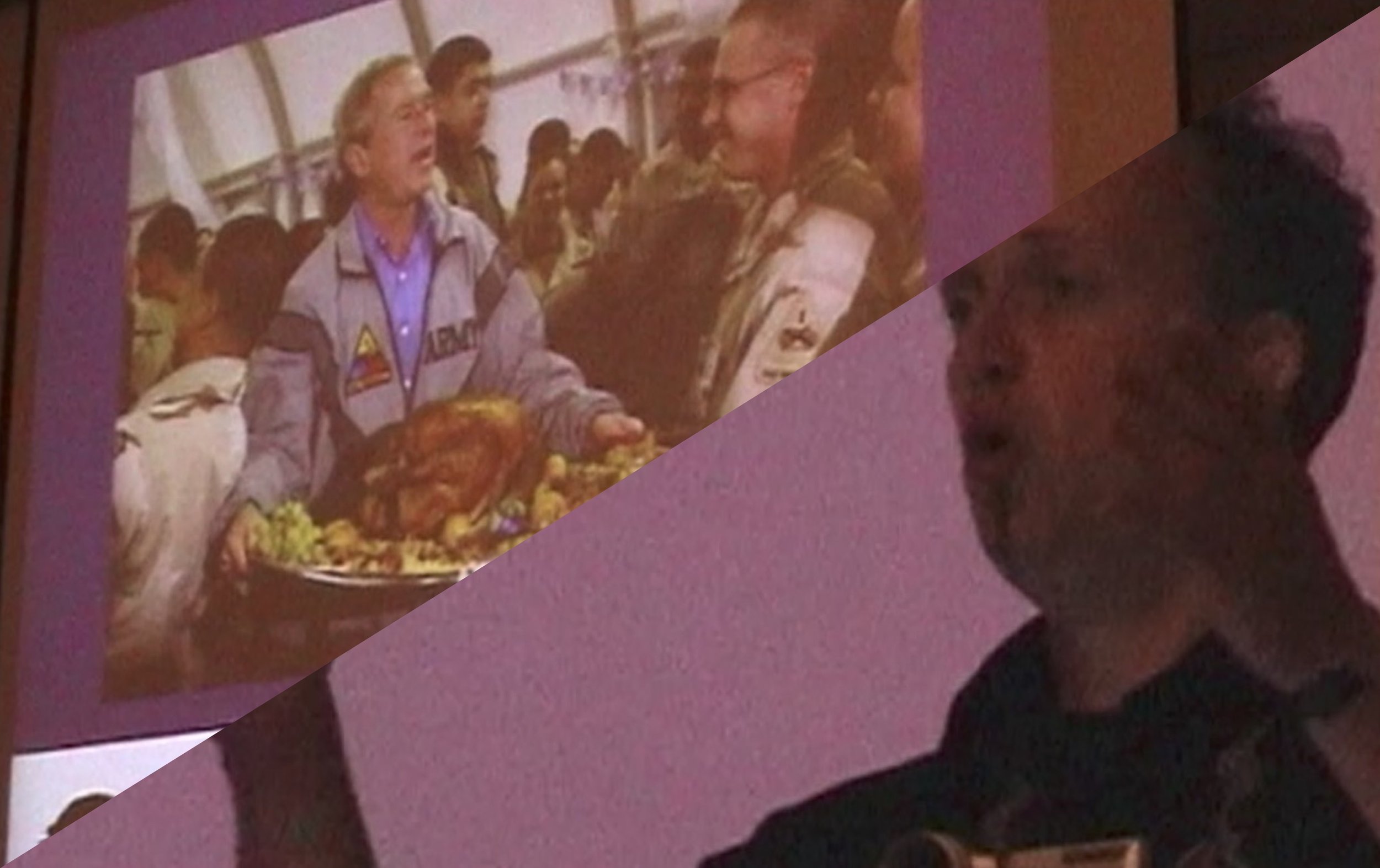ACADEMIC TRAINING
Throughout his professional career, Edwin has designed and given many training courses. In a collaborative mode, Rap[id] can tailor elements of the following on- and off-line courses to satisfy a specific learning need.
-
Qualitative Research Methods & Analysis
Qualitative Research Methods & Analysis: This course supports you in designing a research project with a qualitative or mixed methods component. It introduces you to the craft of qualitative research, by focusing on practical as well as theoretical issues implied in the empirical research cycle of qualitative research. During seven interactive sessions, you learn to select relevant methods, and to collect and analyze empirical material to solve your research puzzle.
You consider different research methods such as case studies, interviews, observations, focus group discussions, as well as different data sources. Atlas-ti is the software we use for qualitative analysis. You practice relevant skills through assignments and apply insights directly to your own project. People with different degrees of experience in qualitative research participate in this international and interdisciplinary course. Already around 275 PhD and postdoc researchers participated successfully.
-
Publishing Qualitative Research: From Analysis to Publication
Publishing Qualitative Research: Qualitative researchers often experience a creative block when moving to analysis and publication, following empirical data collection. This course supports researchers at that stage by helping to identify a suitable analytical and publication strategy to follow. The purpose is to develop a clear argument, well-structured outline and narrative and a realistic writing plan.
The course consists of seven sessions in which exercises, assignments, presentations and discussions help researchers to improve their drafts and select the journal to write the article for. I have given this course and welcome support to further develop and upscale this course, as this is what many researchers currently need.
-
Doing Anthropological Research
(advanced course for PhD candidates)
Doing Anthropological Research: This advanced research course (NESA) helps you - a PhD candidate - to broaden and deepen your ethnographic literacy. Joost Beuving, the author of Doing Qualitative Research, coordinates this course, in which I teach and which I have also co-designed.
The course considers ethnography as anthropology’s epistemological core, and it is organised around five emergent problems in anthropological research, here summarised as:
- (a) the (s)p(l)ace of the field,
- (b) data ethics- and management,
- (c) multi/interspecies ethnography,
- (d) ethnographic cyber/e-research, and
- (e) team science.
The course offers you a set of fundamental reflections about these research problems and it explores ongoing methodological innovation that is emerging in response to it. At the same time, the course applies these fundamental reflections and explorations to your research practice(s): the doing of anthropological research features centre stage.
To foster this craft-based commitment, the course is organised as seven weekly, intensive research seminars, wherein you work on (five) research assignments tailored to your own PhD study, present work-in-progress to your peers and the course teacher(s) in working groups. The final assignment is to prepare a draft of the methodology paragraph of your proposal.
Educational Experiences…
Visualising Science. As the saying goes, ‘a picture is worth a thousand words’.
In my courses I help researchers to visualize their research, which makes them look differently at their own topic and clarifies what is interesting or attractive about it for a wider audience. This is key in thinking about and communicating science.
Rap[id] has developed, given and provided comprehensive manuals for other academic/professional courses around the world, including:
Doing Thesis Research/Research methodology
@Wageningen UR [NL]The Case Study in Qualitative Research on Water Management
@IHE-Delft [NL]The Anthropology of Globalization
@Utrecht University [NL]Sustainable Resource Management in Spain (fieldwork course)
@Wageningen UR [NL]Water Institutions, Reform and Equity
@Wageningen UR [NL]Participative Management in Water Resources
@Wageningen UR [NL]Gender and Natural Resources Management
@Wageningen UR [NL]IWRM (Integrated Water Resources Management) / Hydraulic Justice Masters programme in Latin America
@PUCP, Universidad Católica [Perú]
@Centro Agua, Universidad Mayor de San Simón (UMSS) [Bolivia]
@COLSAN, Colegio de San Luis Potosí [México]
@Universidad Central del Ecuador [Ecuador]
OTHER COURSES

Educational Experiences…
Public drama plays a role in the scientific enterprise. As an experiment, I applied this principle several lessons that I learned from rural political meetings in Mexico to my own promotion ceremony. In line with the findings of my PhD thesis, I ‘performed success’ at the event of its defense in 2004.
I performed success in different (unusual) ways: by giving a political speech to my audience, distributing drinks and food and cultivating a sense of community, also asking them to applaud for and honour the scientific authorities when they passed on their ritual procession to the podium, while Mexican music contributed to the festive atmosphere, which was all recorded and broadcasted live by audiovisual means. The event was a ‘great success’, because I received my doctoral degree.
Soon afterwards, the promotion regulations were adjusted, to avoid future desacralization. This illustrated the limitations of policy transfer from one to another cultural setting.
![Rap[id]](http://images.squarespace-cdn.com/content/v1/6558b27cd9e76c0d73b0bad7/83a74de6-8f91-414d-95fc-d3e14b5e2899/titel.png?format=1500w)